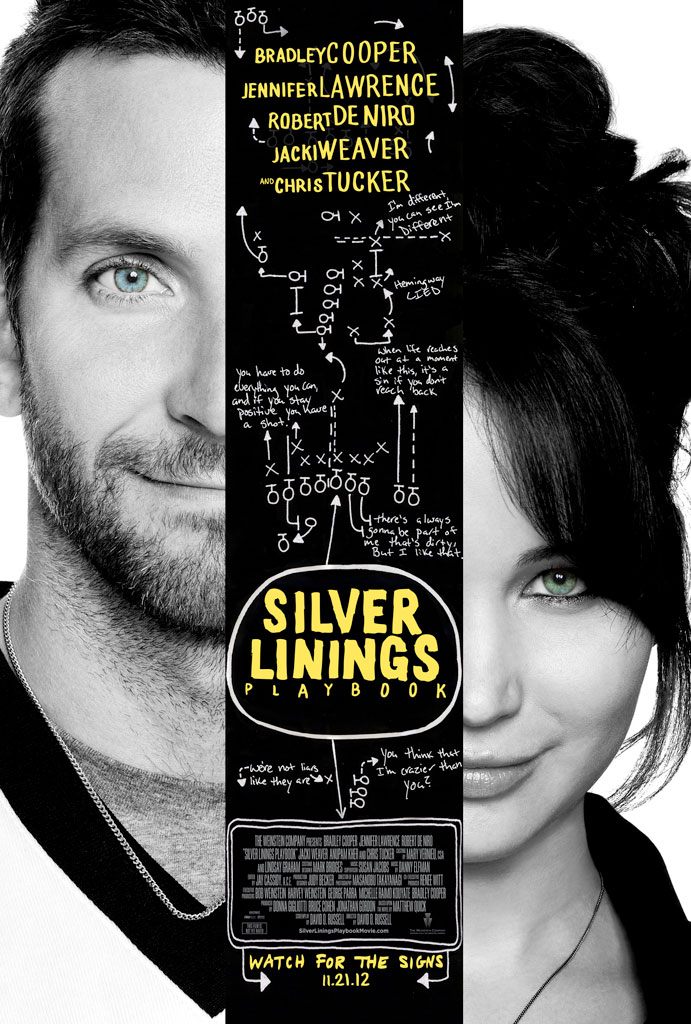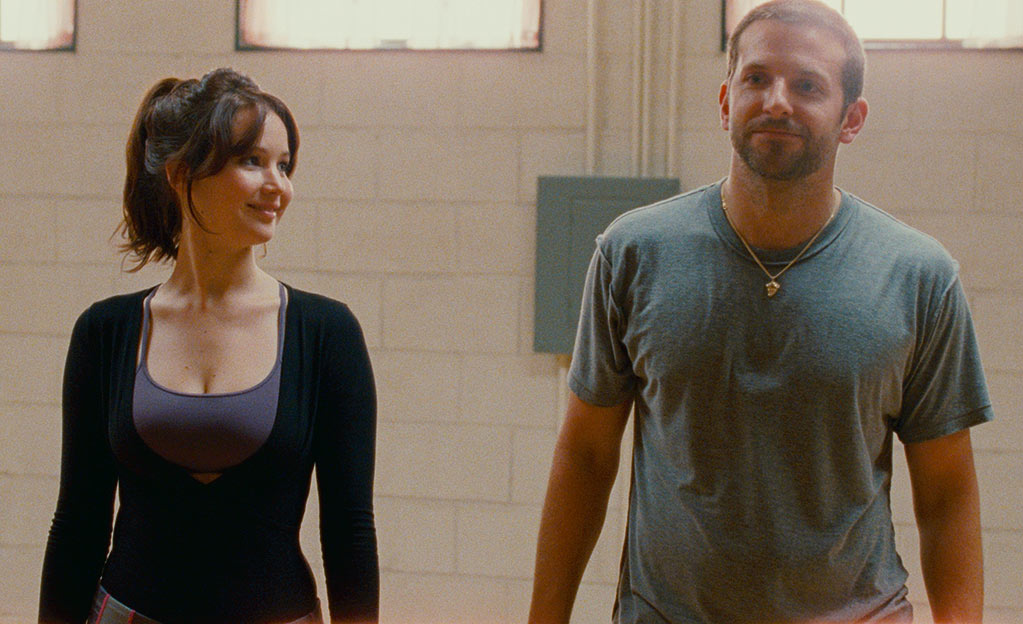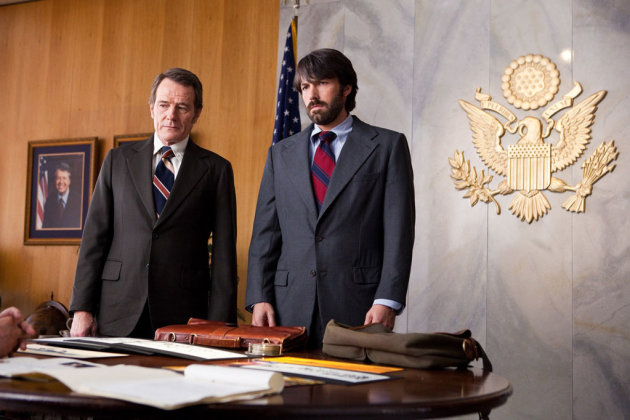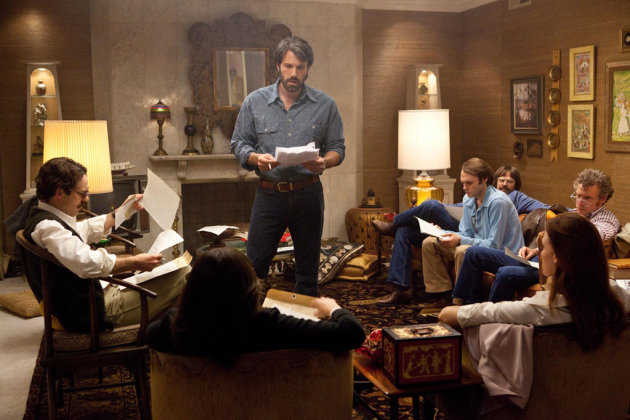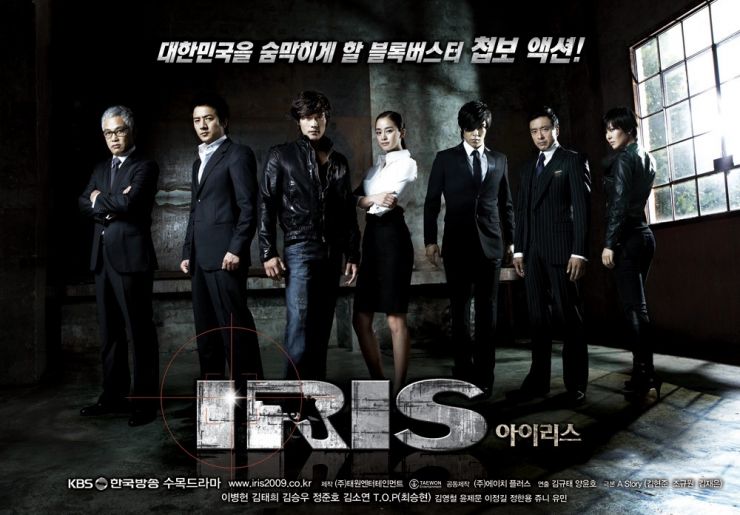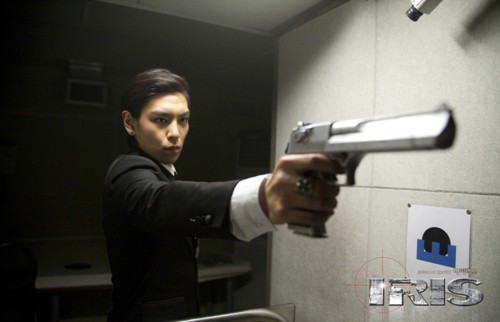Since the first Iron Man in 2008, Marvel Studios has been churning out almost annually interconnected superhero films based on their property that culminated in the groundbreaking success of The Avengers last year. It's no brainer for them to continue this journey with a direct sequel to their most popular superhero. But instead of expanding the universe of past Marvel films further, it's interesting to see Iron Man 3 taking a counterintuitive approach by focusing solely on the character instead. Perhaps it's to address the criticisms of Iron Man 2 or just a shrewd move to bring the character back to basics after all the epic adventures. But while Marvel certainly has the right intent, the film unfortunately suffers from some questionable choices, same script problems that plagued Iron Man 2, and a leading man who look tired of his starring role - all of which is ultimately the result of Marvel's assembly line filmmaking process that with strict deadlines that leaves little room for development and talent retention that better superhero films usually have. As expectations get higher film by film and peaked with The Avengers, Iron Man 3's failings should warn Marvel to have a less rushed development process.
Some time has passed since the events of The Avengers, Tony Stark (Robert Downey Jr) has been suffering from unknown anxiety issues caused by the final battle in New York and he spends most of his time in his private mansion tinkering and upgrading his Iron Man suits, much to the dismay of his girlfriend/CEO Pepper Potts (Gwyneth Paltrow). While Tony hides from the spotlight, a mysterious terrorist mastermind known as The Mandarin (Ben Kingsley) has appeared in public and started a campaign of terror against the United States government by executing mysteriously large and deadly explosions worldwide. When one explosion nearly killed Tony's former bodyguard Happy Hogan (Jon Favreau, returning only in acting capacity), Tony decides to come out and publicly challenge him. He is then visited by a former lover and brilliant scientist Maya Hansen (Rebecca Hall) who tried to tell him about a powerful serum called Extremis: which can turn its host into nearly invincible superhuman being with the ability of overheating or burning everything they touch; and that her boss Aldrich Killian (Guy Pearce) has been working with The Mandarin. Unfortunately, before Maya could reveal all these, Tony's mansion are suddenly attacked by The Mandarin's forces which destroyed almost all his Iron Man suits. Left with a barely functioning prototype suit and lost somewhere far from home after barely escaping the attack, Tony has to rebuild himself again in order to investigate the conspiracy behind The Mandarin and Killian and stop them from bringing down the country.
The biggest problem for Iron Man to overcome since day one has been how to get the audience to side with a protagonist who's essentially an unlikeable individual who can solve any problem too easily with unparalleled wealth and genius (but mostly with his metal suit). The past films have dealt with it, with varying success, by a mixture of surrounding Tony with bigger obstacles or equally unlikable rivals (his company boss, government, Justin Hammer) and turn him to rock star who sticks it to the system, or showing that Tony has a good, sensitive soul beneath the showman when disaster strikes, or relying on the charms of Robert Downey Jr when all else fails. This time, the film did a good job of bringing Tony to rock bottom and have him start again from zero, from the silent, somber opening scene of Iron Man suits destruction to his near death escape. Unlike the first film, sadly, Tony doesn't undergo a redeeming character transformation and instead remains his usual obnoxious, narcissistic self as he and the film focus more on solving the plot instead; which is bad news because the script has serious problems that destroy whatever goodwill the downfall of Tony has built. The script is filled with huge plot holes, poorly organized subplots, simply unbelievable, inconsistent things such as villains that appear invincible in many scenes but get destroyed easily in the next and a major character that gets a shocking plot development that gets too easily solved later. Finally, just to show how far the story has strayed from redeeming Tony, Tony made many Iron Man suits that can operate autonomously and be remote controlled by him, therefore enabling him to do battle out of harm's way and these suits do the final battle for him which ironically doesn't help his character growth at all.
These are script problems that can be fixed by having more development time which doesn't exist due to Marvel's strict release schedules that leave little time for development and discouraging talents to stick around - between 3 Iron Man films and The Avengers, there's already 8 different credited writers who have handled the character, compared to all Chris Nolan's Batman films which has always had the same writers. It doesn't matter if they can hire good talents every film if they can't keep it consistent. Speaking of talent, hiring Shane Black as writer/director seems like an inspired choice because he's famous for having written the best action films (Lethal Weapon) and having an irreverent dark sense of humor - something that wouldn't be out of place with Tony; on the other hand, he's also has never shown interest in redeemable characters and oddly more obnoxious Tony is partially his fault and his action directing skill does not live up to his action script reputation and the final battle disappoint - it's a battle scene that has become sadly too standard in blockbusters now where the fighters have a go at each other but nobody knows what's happening or care. The final disappointment is with Robert Downey Jr himself, it seems that these past few years of only portraying Tony Stark and Sherlock Holmes have given him franchise fatigue and he looks to be on autopilot here, giving Tony the requisite obnoxious asshole quality but without the likability.
It's such a shame that the film fail in its focused approach to humanize Tony Stark especially when exploring the bigger universe approach could have made the film more enjoyable. A post-Avengers Marvel cinematic universe offers some intriguing questions and promises such as what does it mean to the world that has gone through an alien attack and defended by superheroes who no longer need to hide now? What does it mean to be normal in a post-Avengers world? When the superhuman Extremis soldiers were revealed without eliciting much surprise by other characters, I am thrilled by the implication that the extraordinary has now become to be expected by the people occupying that universe and perhaps the film will head to this direction. Alas, just like it drops the ball on humanizing Tony, the film doesn't even realize this potential. This is reflected in the treatment of Mandarin - the villain whose significance in comic book is like The Joker to Iron Man's Batman. He's a difficult villain to portray because of his oriental sterotype look and mystical power and was understandably absent in the last films, but a post-Avengers world offer a possibility of a creative and fulfilling interpretation of The Mandarin but sadly his incarnation here is simply shameful. In fact, further references to The Avengers or its bigger universe are either lamely dismissed or treated by contempt by Tony (and Jim Rhodes in a scene) throughout the movie. Even the now expected post-credits scene is more of a joke than another continuing attempt at a bigger journey. This make the film so disheartening because even when it fails there's nothing else to geek about.
At the end of the day, the Iron Man 3's failure has to serve as a wakeup call to Marvel on how to treat their property. Their past disciplined, factory approach may have paid off with the success of The Avengers, but Iron Man 3 has shown that the rushed approach doesn't always produce good movies. In The Avengers, Steve Rogers asked Tony Stark who he is if he takes away the suit and armor. Marvel's gotta ask the same question to their superhero movies too: are they properties that deserve the best treatment possible or just a moneymaking machine like this film.
Rating: 1.5 out of 5
Iron Man 3
Written by Drew Pearce & Shane Black


